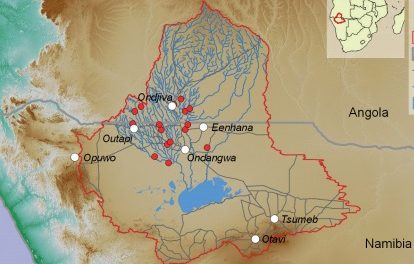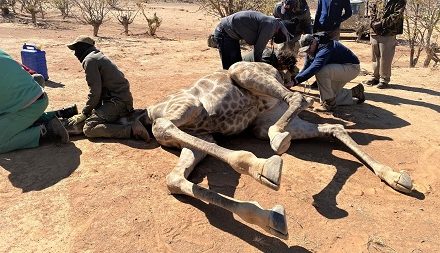
Surge in pangolin trafficking worrisome – Ministry

The Ministry of Environment, Forestry, and Tourism has noticed a concerning uptick in arrests associated with pangolin trafficking between 1 September and 30 November, prompting a mixture of relief and deep concern among authorities.
Romeo Muyunda, the ministerial spokesperson, conveyed in a statement that while the rise in apprehensions signifies progress in combating the illicit trade, it also signifies a troubling escalation in crimes linked to pangolins.
During this period, a total of 18 skins, 12 live animals, and 146 scales were confiscated, leading to 23 recorded cases and the arrest of 38 suspects. Muyunda highlighted the gravity of the situation by noting that these figures surpass the combined cases involving elephants and rhinos during the same timeframe.
The majority of cases originated from the northern regions, with Kavango West topping the list at 6 cases, followed by Kavango East, Ohangwena, Oshana, and Zambezi regions, each registering 3 cases. The central regions collectively accounted for 4 cases, while only 1 case was reported in the Kunene region.
Muyunda emphasized that preceding September, only 6 live animals and 19 skins had been confiscated between January and August.
“Considering the recorded crimes, the total count of poached pangolins this year – encompassing live animals, skins, and scales – reaches 50, with an additional two fetuses lost due to miscarriages by live female pangolins,” he stated.
Highlighting the severity of the situation, Muyunda reiterated that pangolins face an imminent threat, emphasizing that wildlife trafficking is a grave offense, leading to arrest and sentencing.
Under the Nature Conservation Ordinance 4 of 1975, as amended by Act 3 of 2017, and the Controlled Wildlife Trade and Products Act 9 of 2008, as amended by Act 6 of 2017, pangolins are a protected species. Possession of pangolins or their parts carries the same maximum sentence as that of rhino horn, with potential imprisonment of up to 15 years and a fine of up to N$15 million .
Furthermore, the trafficking or sale of pangolins could lead to a sentence of up to 25 years in prison and a fine of N$25 million.
Meanwhile, the ministry strongly urges compliance with these laws to safeguard these endangered creatures from exploitation and illegal trade.













































